Fire and gas detectors often use a 3-wire system rather than a 2-wire system for better functionality and safety.
Why Fire and Gas Detectors are 3-Wire Types?
Both 2-wire (also known as loop-powered) and 3-wire (typically, but not always, a separate powered device) detectors can use the 4-20 mA standard for analog signaling in industries. This standard is used because it’s relatively immune to noise and voltage drops over long distances.
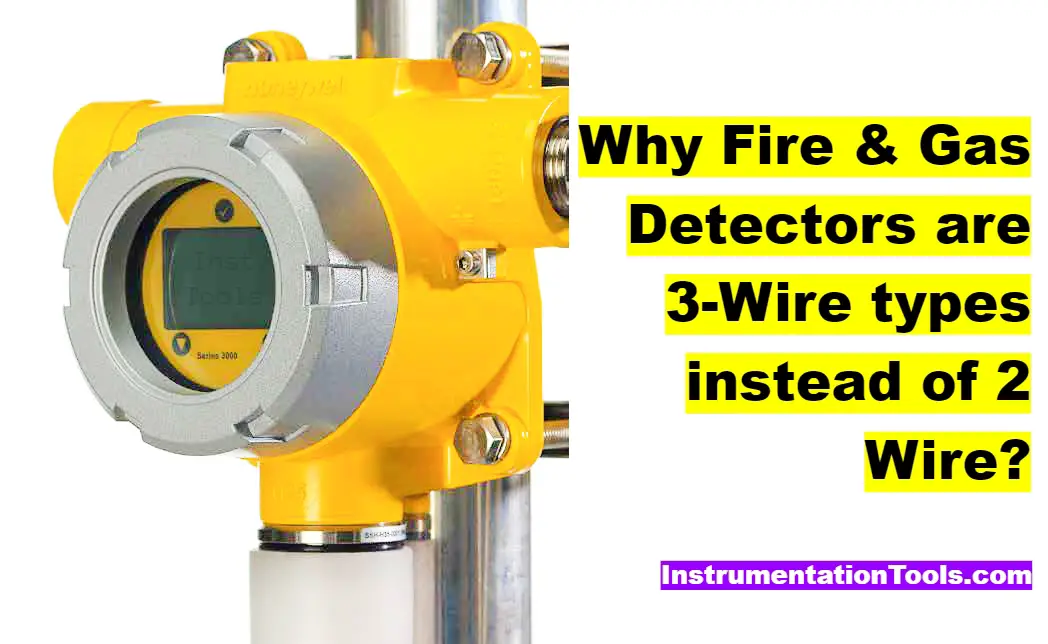
2-Wire Detectors
In a 2-wire system, the device gets its power from the loop itself. It’s advantageous because it simplifies wiring and reduces installation costs. The devices regulate the current on the loop to represent the measured parameter (e.g., gas concentration). However, the power available to the device is limited by the loop voltage and resistance.
Therefore, if the fire and gas detector requires more power to operate correctly (for example, for heaters in certain gas detectors, or for advanced diagnostic capabilities), a 2-wire system may not be adequate.
3-Wire Detectors
In a 3-wire system, the device has a separate power supply, which means it’s not limited by the loop voltage and can, therefore, handle more power-intensive operations. This can be advantageous for devices that need additional power, beyond what the 4-20 mA loop can provide, to function correctly or for additional features.
So having a separate power supply can provide redundancy and improve system reliability in case of a failure in the 4-20 mA loop.
4-Wire Detectors
We can also go with 4-wire detectors but they will increase the project costs due to additional wire and lead to high-installation costs when compared to 2-wire and 3-wire detectors.
Conclusion
The 4-20 mA signals inherently mitigate issues of voltage drop over long cable runs, the distinction between 2-wire and 3-wire devices has more to do with power availability for the device operation rather than signal integrity.
The preference for a 2-wire or 3-wire system would depend on the specific needs of the detector and the power availability and requirements of the particular installation. For a device with higher power requirements or sophisticated functionality, a 3-wire system may be more appropriate, whereas a 2-wire system may be more suitable for simpler devices or for installations where wiring costs need to be minimized.
If you liked this article, then please subscribe to our YouTube Channel for PLC and SCADA video tutorials.
You can also follow us on Facebook and Twitter to receive daily updates.
Read Next:
- Fire Fighting System
- Industrial Flame Detectors
- Gas Detectors Practical Problems
- Ultrasonic Gas Leak Detectors
- Infrared Open Path Gas Detector
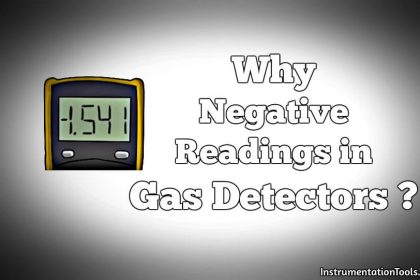
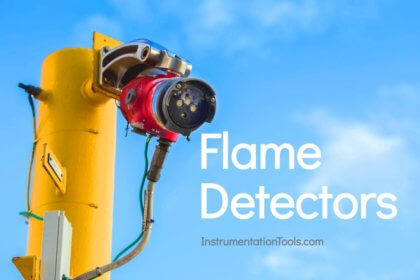
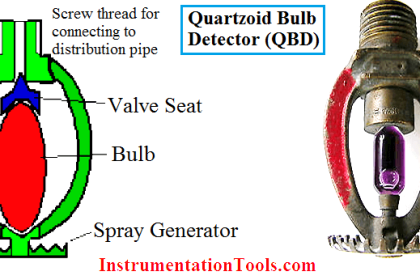
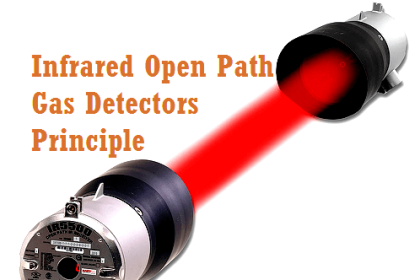
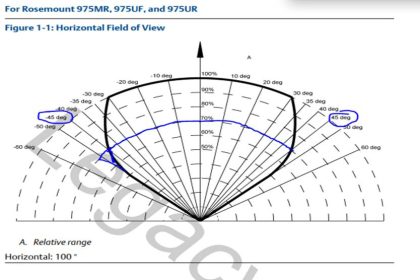
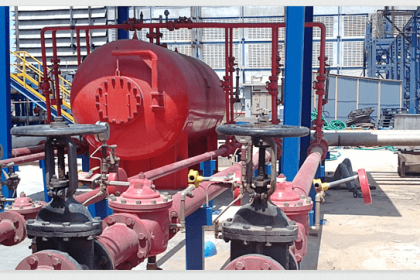
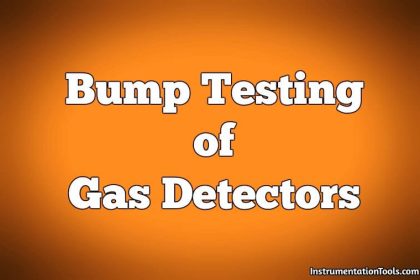

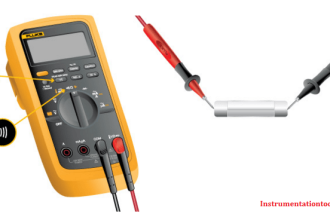
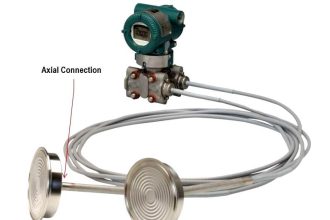
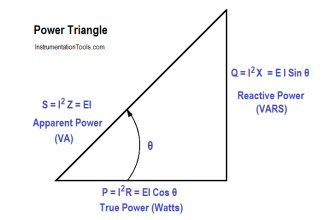

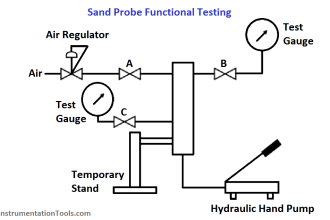
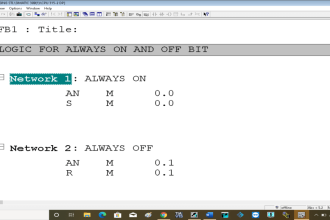

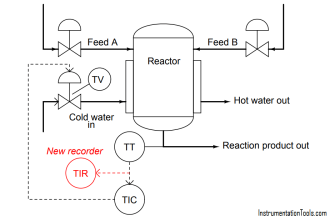

What do I need to follow all the courses in full and what are your conditions because I want to improve my skills in Instrumentation and control? And also is there a way to follow in French